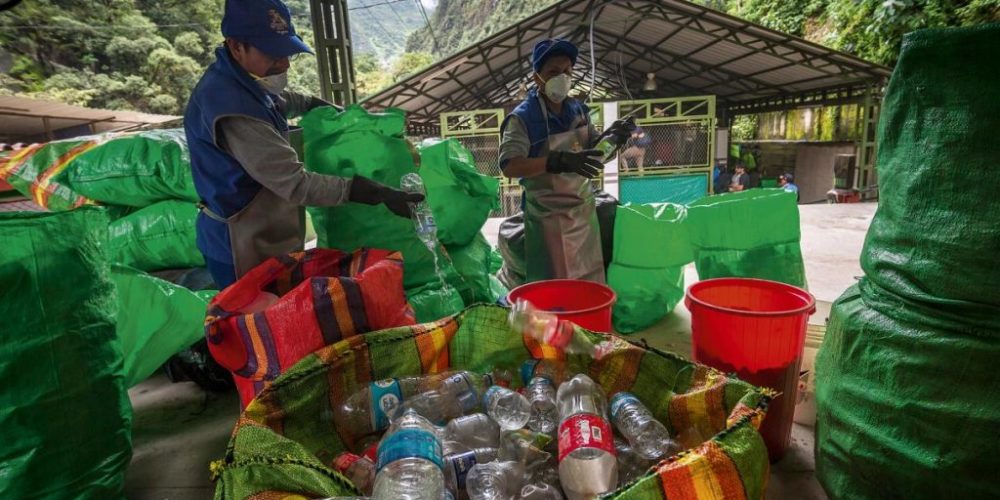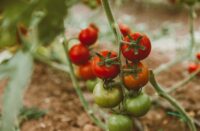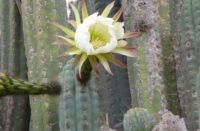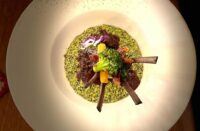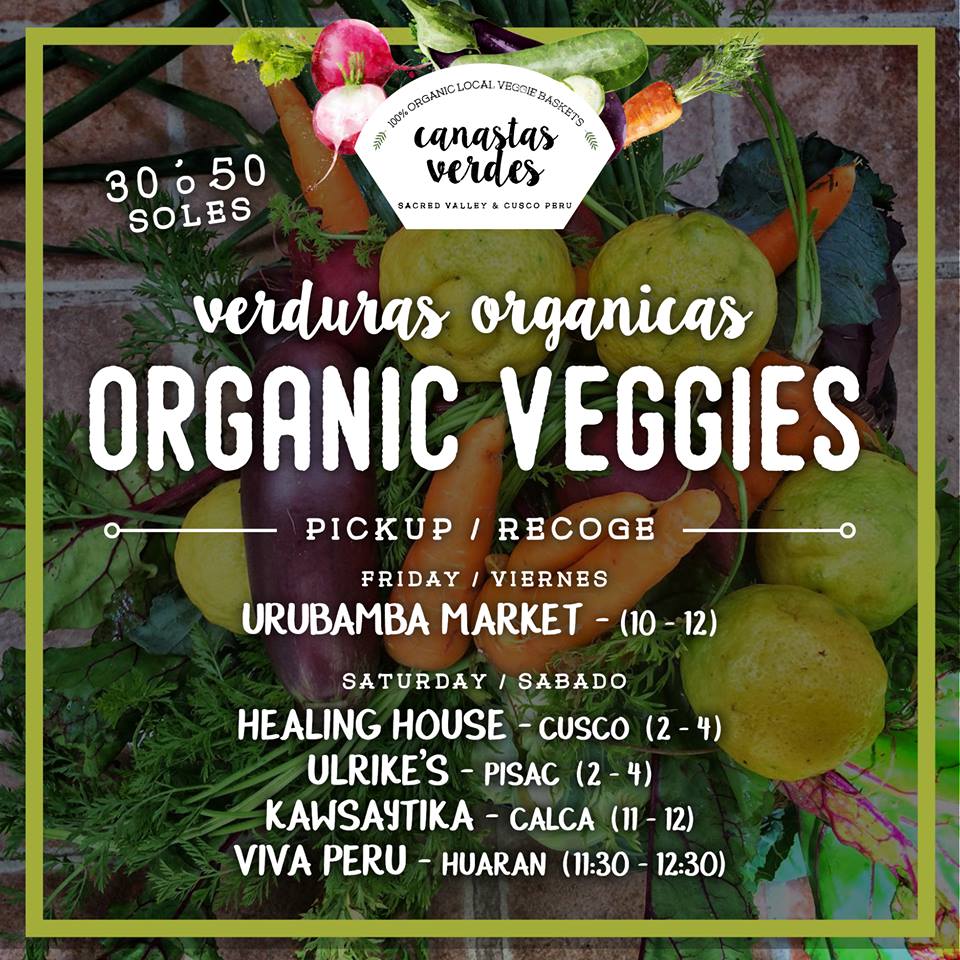Many here in the Valley have wondered what we can do with our waste.
For many expats, tossing plastics, glass bottles and aluminium cans into the trash just feels wrong. Unfortunately, there are not many recycling points here yet, though there are some, such as that in front of Kaia Sharanam (Calle Berriozabal 312) in Urubamba, which takes paper and plastics.
It seems Machu Picchu Pueblo is much better than the Valley in terms of recycling, perhaps because it’s so close to a UNESCO heritage site. There are plenty of cute frog-bins that beg for your discarded plastic, paper and glass, but one place there that has implemented a truly excellent recycling system there is the Inkaterra hotel.
It has become the first destination in Latin America to recycle 100% of its solid waste into bio-char, following the implementation of an organic waste treatment plant, made in partnership with the AJE Group (a Peruvian multinational beverage company) and the Municipality of Machu Picchu Pueblo.
Using a method known as pyrolysis, the new plant has the capacity to process eight tons of waste every day to generate bio-char, a natural fertiliser that encourages reforestation in the Andean cloud forest and contributes to agricultural productivity in the area. It will also be used for an ongoing project to reforest the historic sanctuary of Machu Picchu, which aims to plant quinine trees within the Inca citadel.
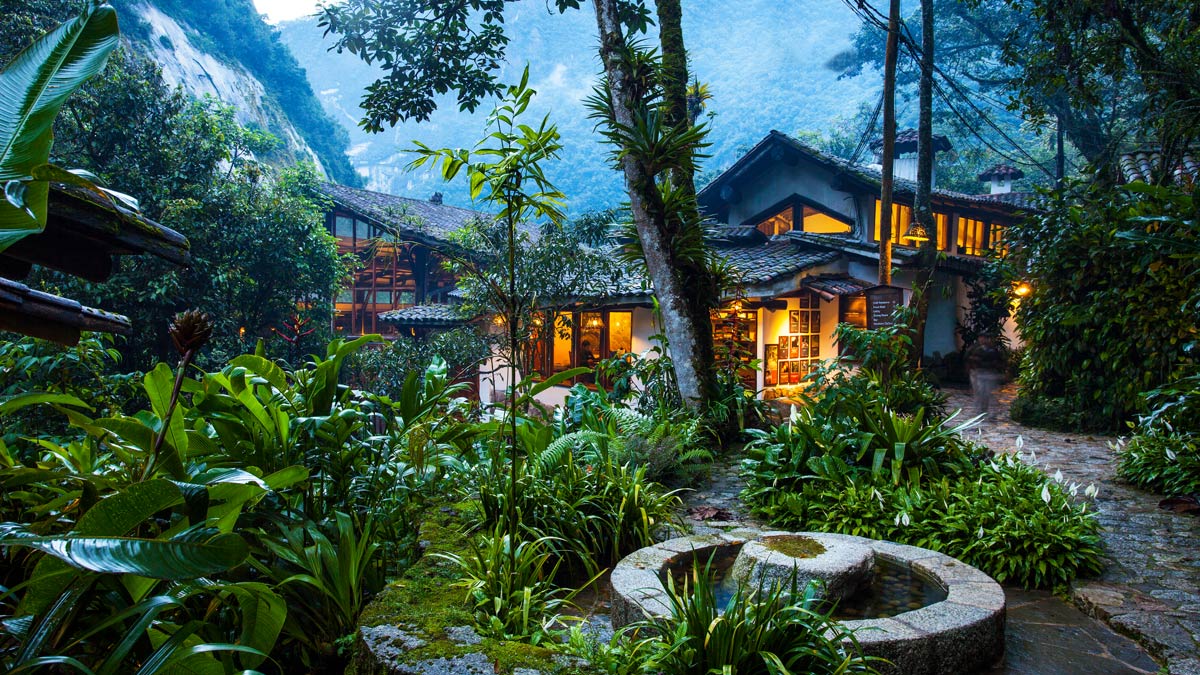
Founder and CEO of Inkaterra, José Koechlin, said: “By engaging with the ecological conscience of the local community, our aim for Machu Picchu to become a sustainable destination has been achieved. This innovative technology will continue to contribute towards traditional agriculture and responsible tourism in the cloud forest.”
The opening of the new organic waste treatment plant completes the circle of sustainability in Machu Picchu, a three-part initiative delivered by Inkaterra and AJE Group. The project commenced in 2017, with the donation of the first plastic waste compactor plant in the city, which currently processes 14 tons of PET plastic each day.
The plant cleans and recycles plastic from the town and surroundings, as well as discarded plastic found on the Inca Trail, and was instrumental in preventing the citadel entering the UNESCO list of Heritage Sites at Risk.
In 2018 a biodiesel plant, which recycles used vegetable oil from local homes, hotels, and restaurants, was installed, and it now produces 20 gallons of biodiesel fuel daily, preventing 6,000 litres of used oil being dumped into the Vilcanota River each month.
Following the implementation of the plant, Inkaterra was awarded the 2018 Golden Palme Award, in the ‘Responsible Tourism’ category, for the continued commitment to improving and creating eco-friendly initiatives in Machu Picchu Pueblo.
With the completion of these great initiative, Machu Picchu Pueblo has become an exemplary model for sustainable tourism. Surely we can come up with something similar for us here in the Valley?
Main image credit here.
